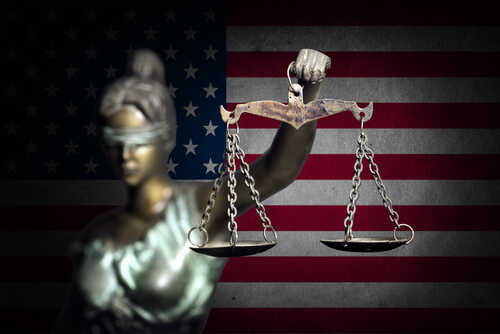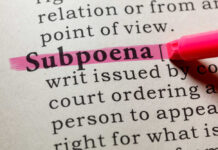
(NewsGlobal.com)- This week, the US Supreme Court will consider a provision that has been on the books for 25 years and has shielded tech businesses from legal liability for user-generated material. The verdict might overturn rules that have regulated the internet. Therefore it is being studied very intently.
Breitbart reports that supporters see Section 230 as an inviolable internet law. Although the internet was still in its infancy, the rules were established by the 1996 anti-pornography Communication Decency Act, which included Section 230. The goal was to shield the nascent internet industry from a wave of litigation, allowing it to grow while pushing digital firms to police their platforms.
Most of the focus then was on the bill’s restrictions on adult material, which had the support of then-president Bill Clinton but were ultimately overturned by the Supreme Court in a historic decision. Nevertheless, the Act was amended to include Section 230, which states that neither the supplier nor the user of an interactive computer service will be deemed the publisher or responsible for the material that originated from a third party.
Since Section 230 prevents users from suing social media platforms over content, Facebook, Twitter, and others have never had to worry about a lawsuit.
American Greatness reports that Section 230 demanded nothing in exchange for almost total immunity. It assumed these businesses would act in the public interest rather than their personal interests.
No state can weaken 230’s safeguards, and the federal government has no role in monitoring the internet, so the American people have no say.
Restricting content and suspending, banning, or demonetizing users is standard practice for today’s social media platforms, sometimes with no explanation and the citation of nebulous or irrelevant regulations.
Section 230’s influence has also spread offline, with tech companies deciding which protest activity can be promoted and companies banning users for their tweets or their group affiliations.













